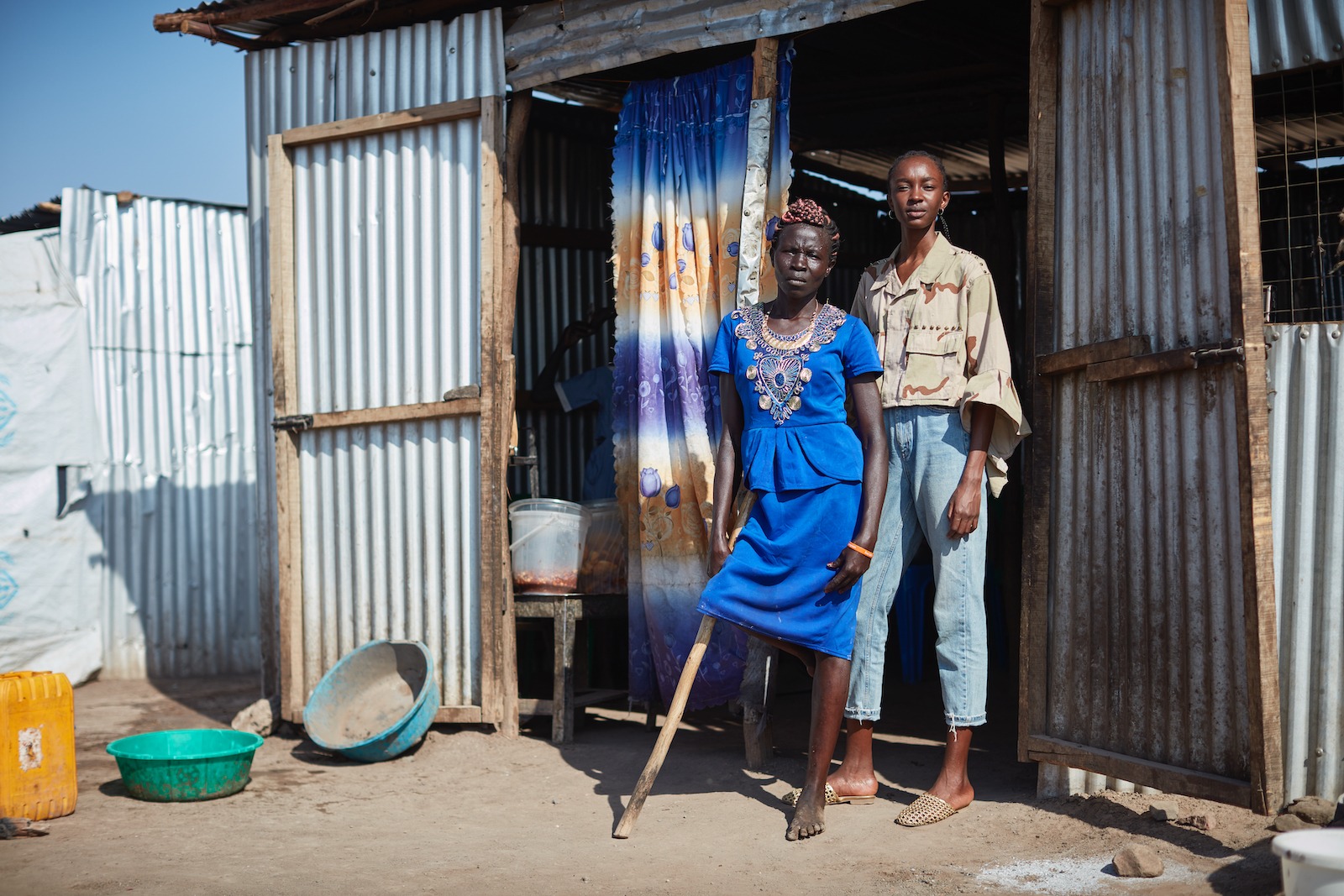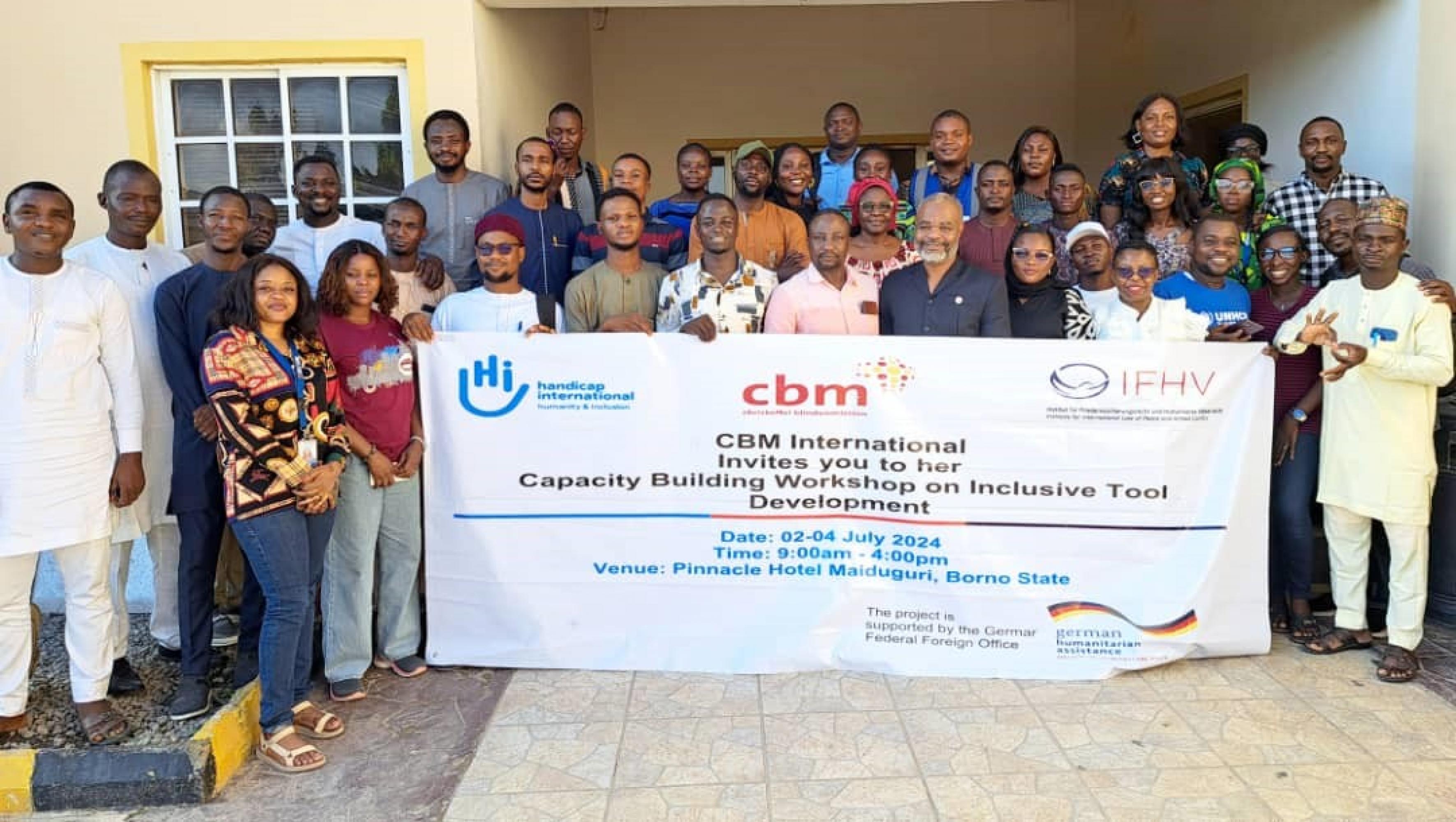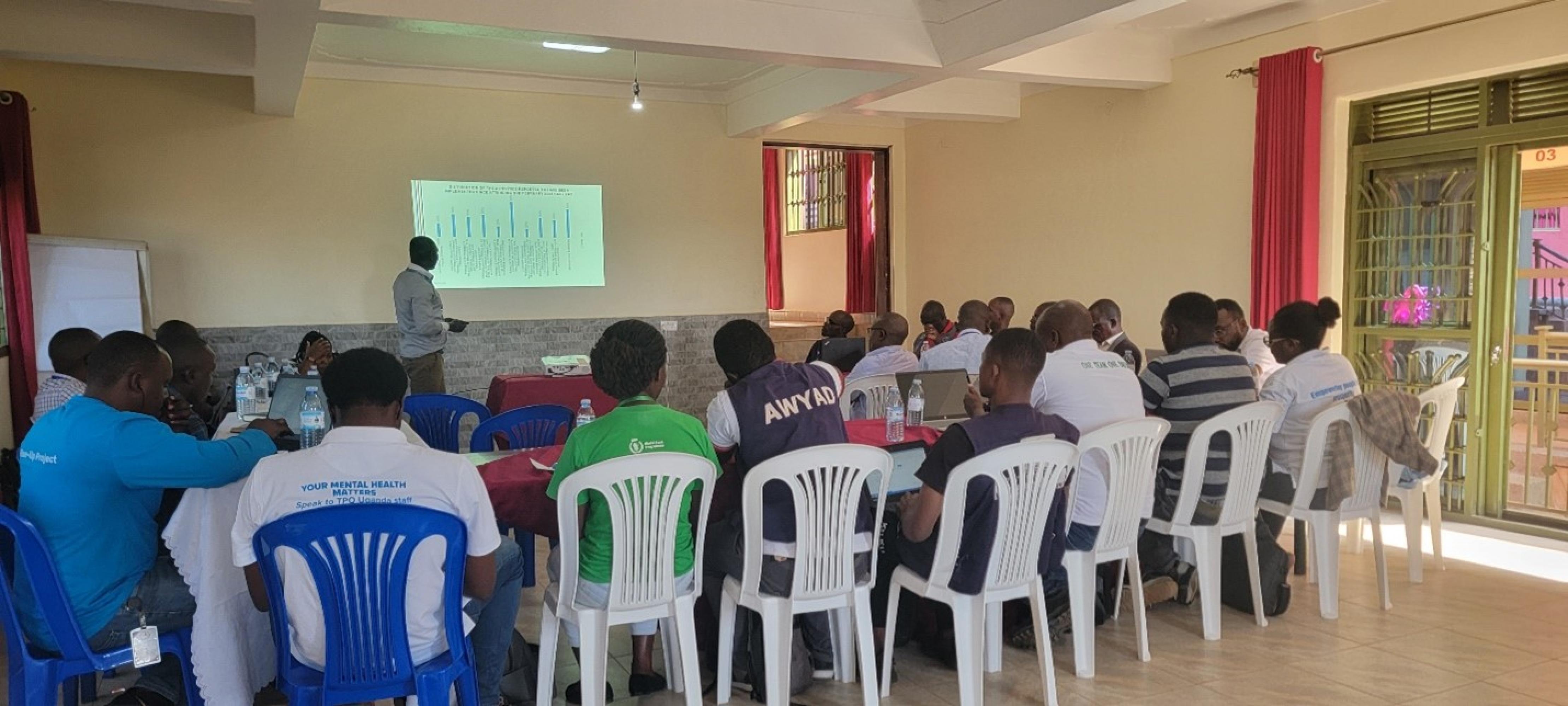South Sudan has been experiencing recurrent crises (conflicts, epidemics, drought and floods). The protracted conflict has resulted in 1.9 million internally displaced people (IDPs), according to the latest Humanitarian Needs Overview (HNO, 2023). The prolonged nature of displacement has led to increased vulnerabilities and protection needs among the displaced population and lack of access to basic services including health, food, nutrition, WASH and protection.
Further, high levels of food insecurity drive humanitarian need in most parts of the country. Those identified as most affected are children, people with disabilities, older persons and women-headed households (ibid).
Mental health and psychosocial support needs remain high in South Sudan, with more than 2.5 million people estimated to experience mental health problems (ibid).
Disability-Inclusion in Humanitarian Response
In South Sudan, evidence shows that older people, women, adolescent girls and children with disabilities face significant challenges in accessing food, protection, non-food items, safe water and health care services, which often result in heightened protection risks.
Multi-sectoral protection services especially for girls and women with disabilities across the country are low, and access remains a challenge. Persons with disabilities are perceived as different, are being marginalised or are even directly targeted by violence.
Capacity and knowledge of humanitarian actors to ensure proper age and disability inclusion is lacking or limited, and as a result tends to exclude persons with disabilities from their programmes. There is a significant need to raise awareness and to build the capacity of multi-sectoral humanitarian actors to support the access to humanitarian services, recovery/resilience and protection of persons with disabilities. In addition, there is a large data gap.
In the last years, HI has received constant requests from the wider humanitarian coordination bodies to provide trainings and technical support on inclusive programming that focus on inclusive project cycle management, inclusive accountability towards affected populations (AAP) and inclusive MEAL, as well as data collection.
Project Location
The project will be implemented in the capital of South Sudan, Juba. It will also extend to counties with persistent humanitarian needs, high internally displaced populations and where HI has an existing presence or linkages with organisations of persons with disabilities i.e. Yei, Rubkona, Malakal, Wau, Pibor and Aweil South.



